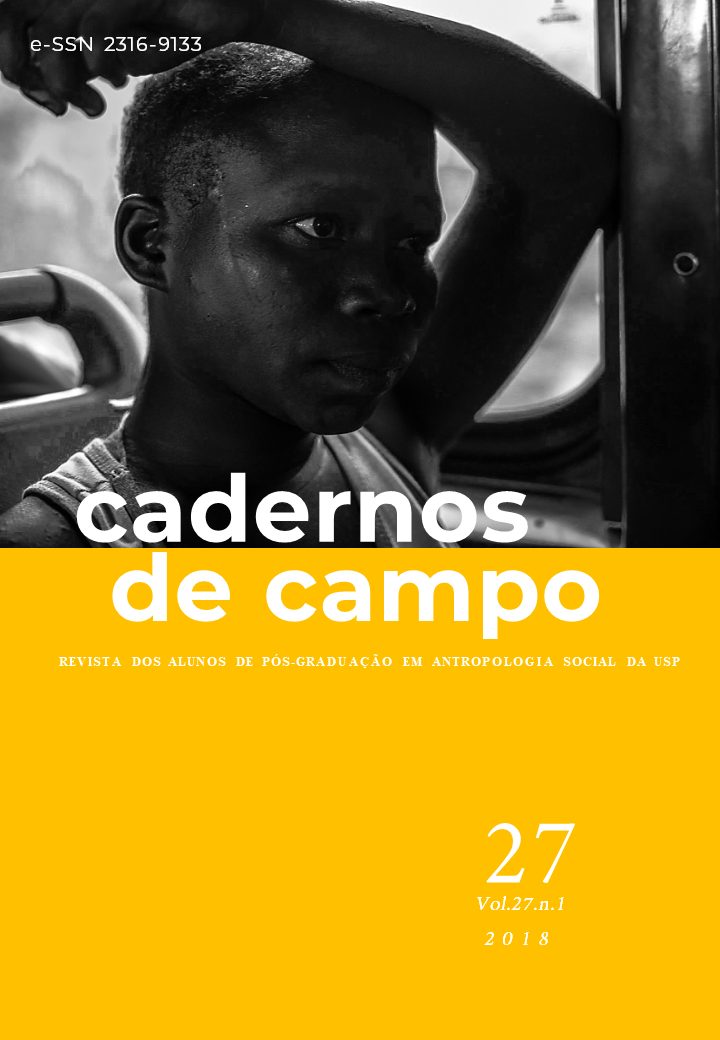In the lands of south: movement, kinship and time in a German colony in South Brazil
movimento, parentesco e tempo em uma colônia alemã do sul do Brasil
DOI:
https://doi.org/10.11606/issn.2316-9133.v27i1p16-38Keywords:
rural communities, time, kinship, temporalityAbstract
In this paper I analyze how the time of a German community in southern Brazil – called colônia in Portuguese – was formed by movements and narratives that offer us their territorialities and relationalities. From a rural and Catholic tradition, the communities of Encosta da Serra (RS) were formed in the middle of the nineteenth century. From the outset with few lands, the inhabitants, called colonos, had to deal with their sharing with each descendant generation, which accentuated the crisis of agricultural work at the time when the footwear industries arrived in São Martinho – the community I accompanied – occurred in the late 1970s. This process has already been analyzed as capable of causing the collapse of the colônia “system”, especially in matters of land and kinship. In other way, I present that elementary precepts of colônia ethics kept moving and instigated other movements, which was capable to trace the times of comunidades and vilas, disposing their terras, historical and active ancestral of colônia.
Downloads
Downloads
Published
Issue
Section
License
I authorize Cadernos de Campo Journal of Anthropology to publish the work of my authorship/responsibility, as well as I take responsibility for the use of images, if accepted for publication.
I agree with this statement as an absolute expression of truth. On my behalf and on behalf of eventual co-authors I also take full responsibility for the material presented.
I attest to the unpublished nature of the work submitted





